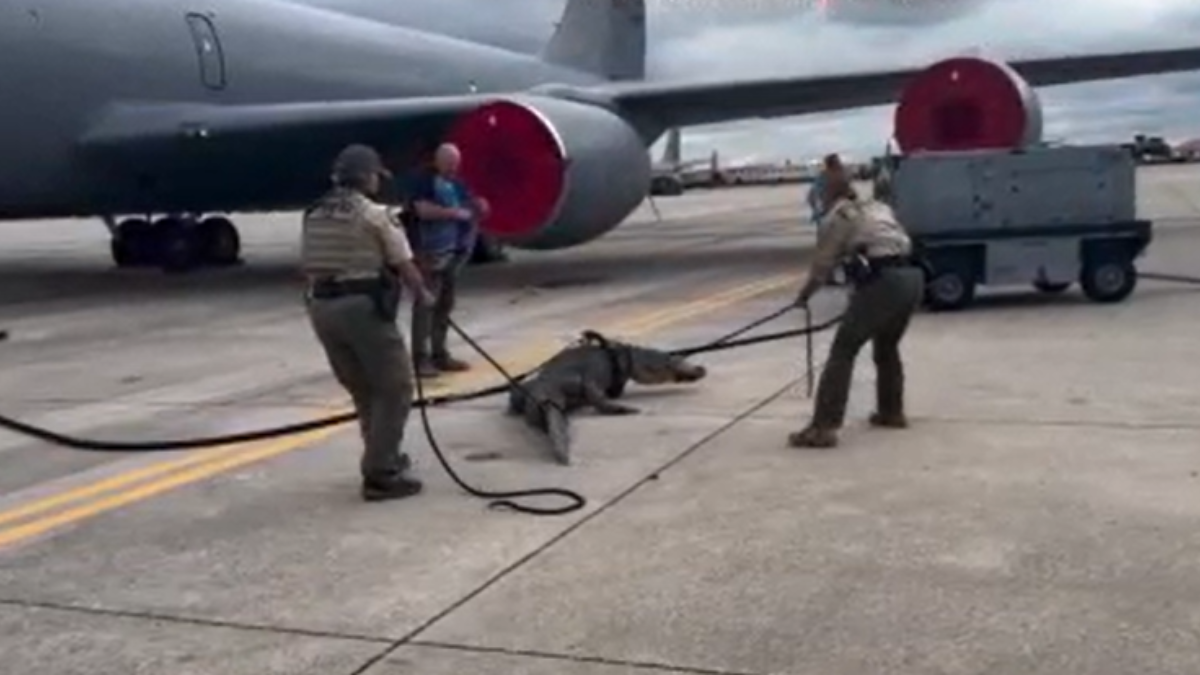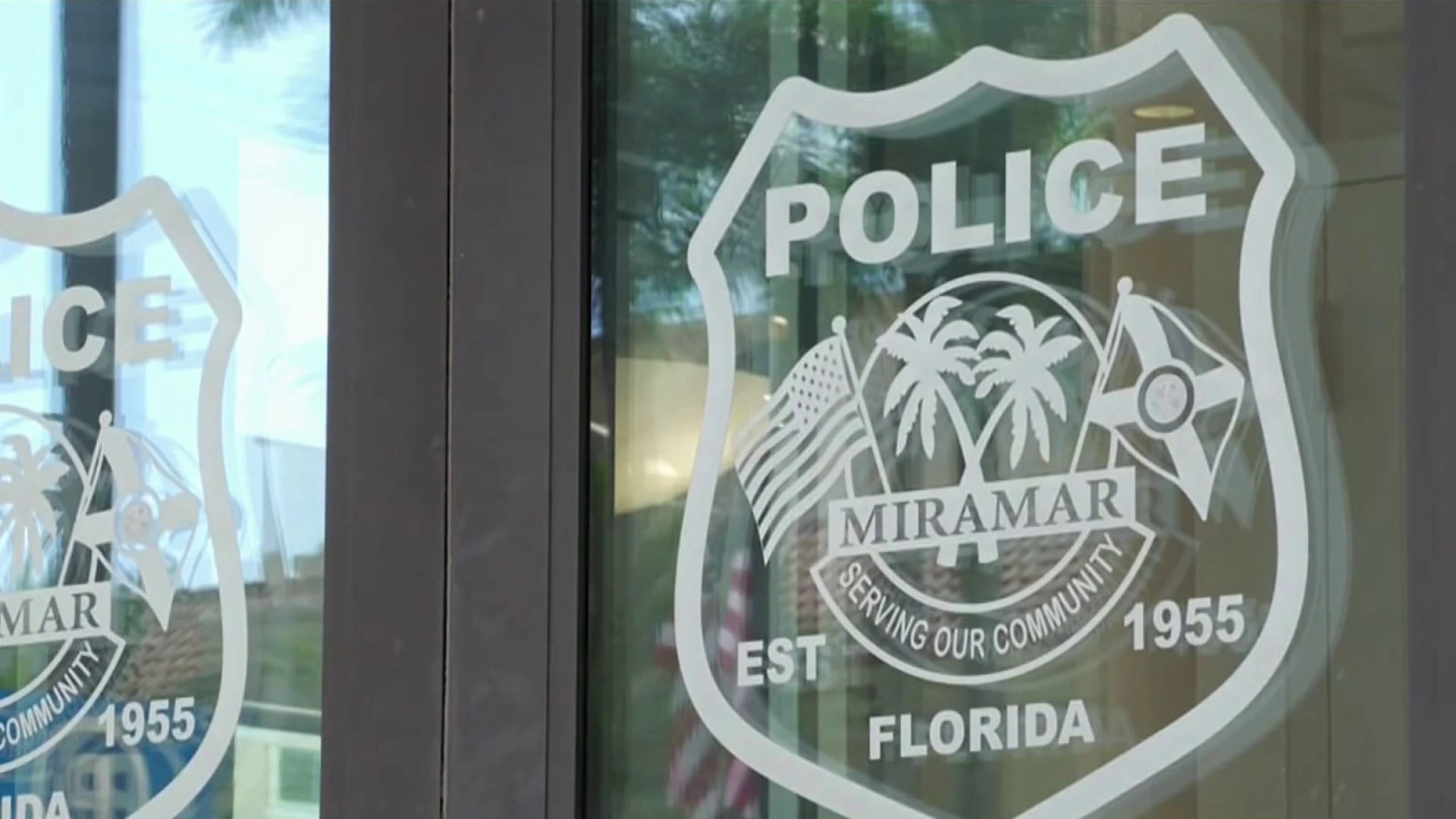It’s a dramatic scene, filmed on a freighter in the Pacific Ocean midway between Hawaii and California. The ship’s crew is using a wench to pull a massive tangle of old fishing nets on board. This is one front in the battle against plastic pollution, and a group of kids from New River Middle School in Fort Lauderdale is joining the fight there.
Well, sort of, thanks to a virtual field trip on conferencing platform.
“If people don’t do something quick it could get worse,” says one of the 30 students who have joined the meeting.
The kids are part of the school’s marine science summer camp. On this day, they are talking live to the researchers who track the floating garbage mass and who just came back to Hawaii with a record amount, 103 tons.
The students aren’t just watching the gripping video, they’re interacting with the people who are in the field.
“There’s no way that you can compare that to anything that you can do in a textbook or in a classroom,” said Charlene Ambroise, a teacher at New River and the summer camp coordinator.
Mary Crowley is the founder of a non-profit group focused on cleaning up the sea, the Ocean Voyages Institute, which organized this virtual event. Crowley Woke up at three o'clock in the morning, Hawaii time, to take part because, she says, she’s reeling in the next generation of conservationists.
Local
“Education is key to people learning how plastics don’t belong in nature,” Crowley said.
She’s also widening their horizons.
“First and foremost, exposure that they would probably never get before, some of these kids have never even been to the beach, let alone out on a ship in Hawaii,” Ambroise said.
“It was very cool, I loved the experience, it was awesome,” one of the campers said after the meeting.
“We need to help our planet,” one of her classmates chimed in.
Now, the camp kids know all about the dangers of plastics getting into the seafood we eat, and how ghost nets strangle marine life.
“It was really exciting to know about how we can save the sea life,” one camper told the group.
This endeavor might be one of the few silver linings of the pandemic. Before schools were forced into distance learning, they might not have considered taking kids on a virtual field trip, I looked this up, 4,749 miles away.
“You know the old-fashioned way was to get on the bus and go do a field trip, but this has made us start thinking about education in a whole new way,” said principal Melinda Wessinger. “But additionally, they’re learning math, science, social studies, so with a virtual field trip like this, the learning doesn’t have to stop.”
Of course, nothing can replace first-hand experiences, but thank to the efforts of the people locally, and the people halfway across the world, the kids absorbed information about a problem which impacts everyone globally.



